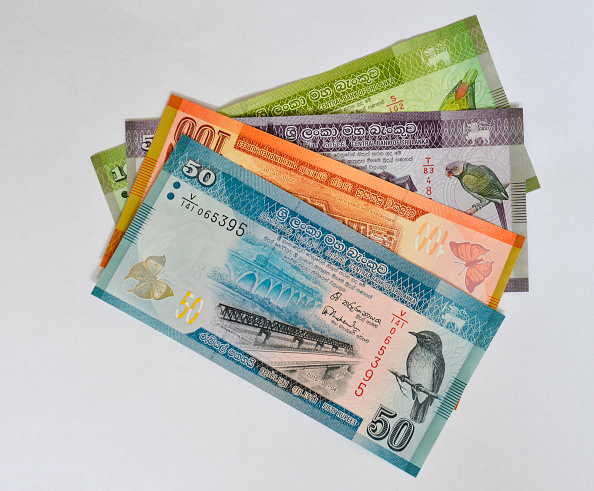
By: LekshmiSajeev
Sri Lankan shares slumped 1.6 per cent on Tuesday (14), extending their falls into a ninth session and closing at their lowest in more than six-and-a-half years, while the rupee slipped for a fourth day in dull trade, as sectarian violence drove off investors.
One person was killed in Sri Lanka on Monday (13) as police fired tear gas at mobs attacking mosques and Muslim-owned shops and imposed a curfew after the worst outbreak of sectarian violence since the Easter bombings by Islamist militants.
Sri Lankan police arrested 23 people on Tuesday in connection with a spate of attacks on Muslim-owned homes and shops in apparent reprisal for the Easter bombings that killed more than 250 people.
Sri Lanka’s economic growth is expected to slump to its lowest in nearly two decades this year, a Reuters poll showed. Tourism, foreign investment and overall business activity have all dropped after the bombings.
The benchmark stock index ended 1.57 per cent weaker on Tuesday at 5,223.69, its lowest close since Aug. 30, 2012.
Turnover was 574.6 million rupees (£2.51m), more than this year’s daily average of around 557.8m rupees. Last year’s daily average was 834m rupees.
Foreign investors bought a net 190.6m rupees worth of shares on Tuesday, but they have been net sellers of 4.2bn rupees worth of equities so far this year.
The rupee closed weaker on dollar demand from banks.
The rupee dropped 0.1 per cent to close at 176.75/90 per dollar, compared with Monday’s close of 176.60/70, market sources said.
Analysts expect the currency to weaken further as money flows out of stocks and government securities.
The rupee gained 0.6 per cent last week and is up 3.4 per cent for the year. Exporters had converted dollars as investor confidence stabilised after a £77.43m sovereign bond was repaid in mid-January.
The rupee dropped 16 per cent in 2018 and was one of the worst-performing currencies in Asia.
Foreign investors sold a net 10.8 bn rupees worth of government securities in the week ended May 8, extending net foreign outflow to 20.8bn rupees so far this year, central bank data showed.
Investor sentiment was damaged at the end of last year, when president Maithripala Sirisena abruptly removed prime minister Ranil Wickremesinghe and then dissolved parliament. A court later ruled the move unconstitutional, but the political turmoil led to credit rating downgrades and an outflow of foreign funds.
